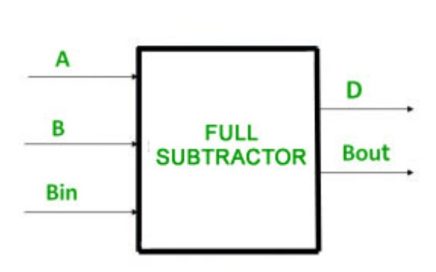
Implementing Full Subtractor using VSDSquadron Mini
Overview This project involves the implementation of a Full Subtractor combinational circuit using VSDSquadron Mini, a RISCV based SoC development kit. Full Subtractor is an […]

Overview This project involves the implementation of a Full Subtractor combinational circuit using VSDSquadron Mini, a RISCV based SoC development kit. Full Subtractor is an […]
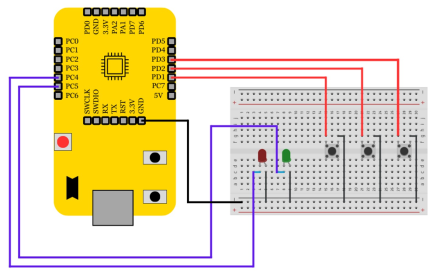
Overview This project involves the implementation of Full Adder combinational circuit using VSDSquadron Mini, a RISCV based SoC development kit. Full Adder is a very […]
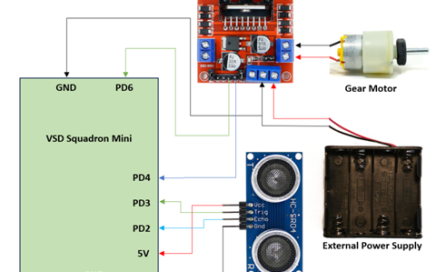
Introduction Trash bins, whether termed dustbins, garbage receptacles, or trash cans, serve as essential containers for temporarily housing waste in a variety of settings, including […]
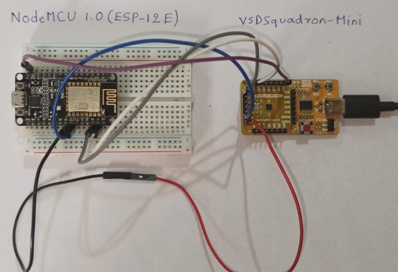
Overview The project entails enhancing the VSDSquadron-Mini board by integrating Over-The-Air (OTA) programming capabilities facilitated through the NodeMCU 1.0 (ESP-12E) development board. This integration allows […]
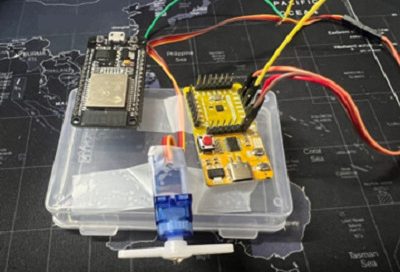
Overview In this project, we build a system that utilizes CH32V003 RISC-V processor and the Arduino IOT cloud to convert traditional home appliances into IoT-enabled […]

Today, as technology races towards ever-smaller geometries and more complex chips, the need for professionals who are not just well-versed in theory but also skilled in practical, hands-on experience has never been more critical. An intense VLSI program that mirrors industry practices is the beacon that guides aspiring engineers across this bridge.
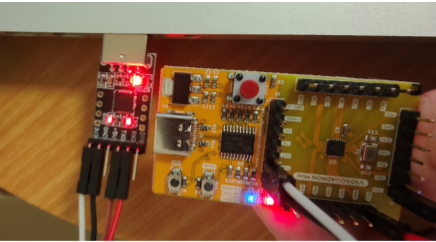
Overview This project is a straightforward demonstration aimed at testing I2C communication on the VSDSquadron Mini using the PlatformIO framework. It showcases the device operating […]
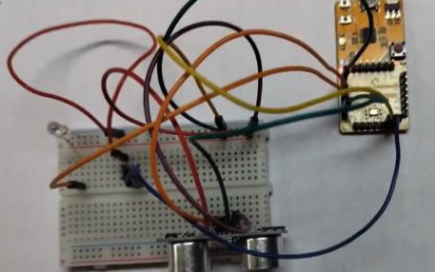
Overview The Object Detector project integrates an ultrasonic sensor with the CH32V003 RISC-V processor to detect nearby objects. By utilizing the ultrasonic sensor, the system […]
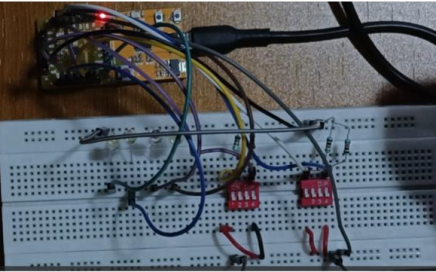
Overview This project involves implementing a 2-bit array multiplier using the VSDSquadron Mini, a RISC-V based SoC development kit. An array multiplier is a crucial […]
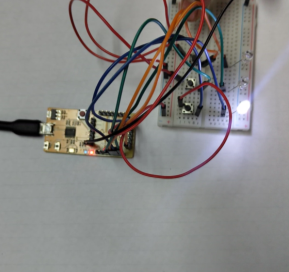
Overview This project demonstrates the implementation of a binary to Gray code converter using the VSDSquadron Mini. The goal is to take a 3-bit binary […]